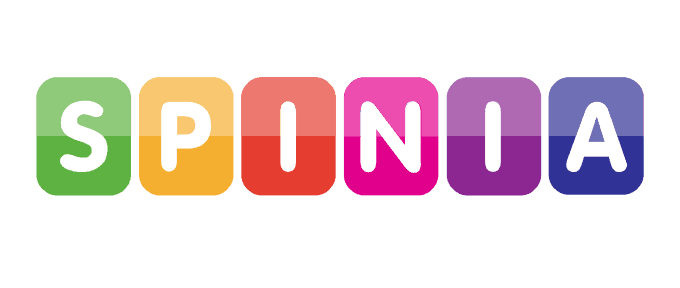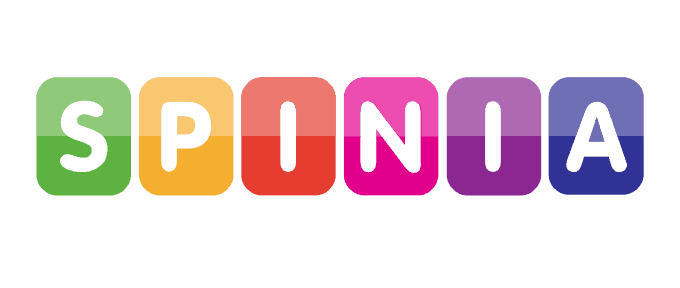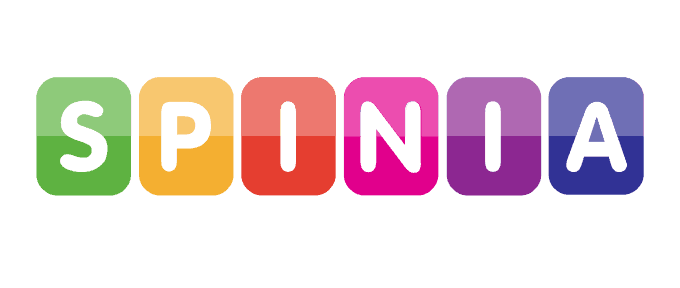Ukraine is on the path of legalising gambling

The legalization of gambling in Ukraine has been a topic of discussion for quite some time already. Thus, apparently the time has come, and Ukraine’s president Zelinsky has a primary ambition to legalize gambling in the country. He considers that the competitive gambling industry could be a good test for the country and the general economic state.
The gambling has been prohibited in Ukrain since 2009. The fire incident which happened in the gambling hall in the city of Dnepropetrovsk caused the ban of the whole industry in the country. While gambling was generally prohibited, certain operators still operated under the betting license and thus offered their services to the costumers within the regulatory lottery law.
The new government’s agenda includes the legalization of gambling. This was announced back in 2019 by president Zelinsky, where he clearly stated his intention of creating a more fair business environment in the country.
All in favor
There were several trials of legalisation of gambling, yet most of them finished with the crash. After some time of deliberation and negotiations and the rejected first bill back in 2019, he put the topic forward back in 2020 with the MPs voting in favor of Bill 2285-D at the very first reading.
After the MPs voted in favor and the success of the second bill, being implemented it can be seen as a sign of the development of the business culture in Ukraine as well as clear desire to create a more competitive and fair market as well as the gambling industry, which shall in the future contribute a lot to the economical development of Ukraine.
There are many elements of the Bill in its current state which will help to develop a framework for the industry that is in line with best-practice international standards. Although the details are yet to be confirmed, it importantly looks like these standards will be upheld and overseen by a regulatory body that is accountable to the Cabinet of Ministers.
Commenting on the latest developments, Maksym Liashko, a partner at Parimatch Holding, told this website: “At Parimatch we are supportive of the expensive license fee, proposed to be €21.6m for online and offline sports betting and €11.5m for an online casino license.
“The large license fee has two main benefits: it acts as a barrier of entry for unscrupulous operators and deters holders from being non-compliant because of the risk of losing their investment on the license. However, for these costs to be fair, they need to be accompanied by fairer tax code.”
Under the current tax legislation, different tax rates can be applied to the industry’s operators: 10% of the income received from gambling with the use of slot machines; 18% of the income from betting, gambling (including casinos); 28% of income from the issuance and conduction of lotteries and 18% of corporate income tax; 18% of personal income tax.
Opposition
Liashko added: “This is too punitive and will create an unfair market for operators, likely discouraging them from investing in expansion and introducing new technology to the country. Compliant, transparent, and fair companies should be able to operate in the market with a reasonable tax system where they are able to thrive and ultimately give back more to the economy.”
Since January 2020, a number of draft laws to amend the Tax Code of Ukraine were submitted to the Parliament, none of which have been considered so far.
Liashko said: “Our strong recommendation on the most appropriate approach is if there is a high fixed cost of licenses to enable the state to receive guaranteed payments to the country’s budget, and income tax will be calculated on the basis of general rules; then there should be no GGR tax.
“Furthermore, for the tax on GGR to be introduced, the country will need to calculate and effectively control the tax payment through a monitoring system. Ukraine does not have experience of managing similar tax projects and other countries have shown that this system takes a long time to develop. We don’t have the time to be ready ahead of legalizing the industry. GGR tax cannot be collected together with the income tax, which Ukraine won’t abandon. There is no viable and fair way to implement GGR tax payment, so it must be put aside. This will be a win-win situation for both the country and investors.”
As well as the delay in implementation, he has another concern with the Government’s monitoring system: the proposed that it has access to all betting and financial data from operators in the market.
“In theory, we support the policy as it will ensure greater transparency and help scrutinize the operators who are not meeting the standards and regulations that help to protect consumers. However, in practice, we worry that the system will be susceptible to hacking and leaks which could be potentially very damaging to supportive operators.”
He believes an open and transparent betting sector is “very close” in Ukraine, an exciting opportunity for the betting industry and Ukraine alike.
“We are delighted that the Ukraine government looks to be delivering on the promise of President Zelensky to legalize gambling industry, including betting, but there is still much to be done if the industry is to deliver on its potential for Ukraine. The bill that gets put forward for and voted on will give a clearer idea of what this Government’s reformed modern and liberal economy may look like for Ukraine.”


































Comments (0 comment(s))